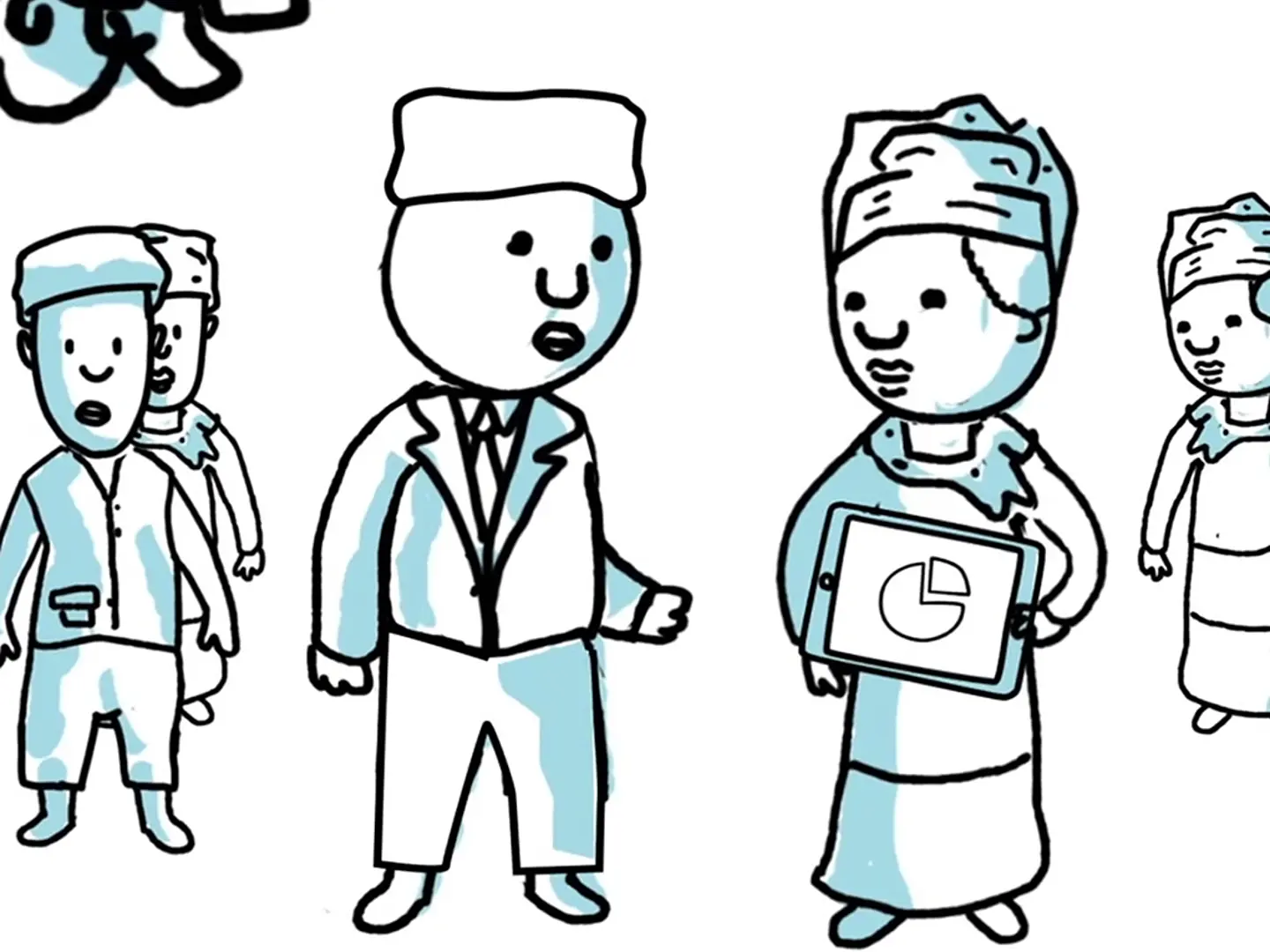Thirty years ago, I started my career in international development by overseeing the sale of a shipload of Thai rice to local traders in Dakar, Senegal. Soon after that I became involved in helping West African countries increase their ability to export food to regional and international markets. Today, my work centers around improving food value chains, both for sale and consumption within country as well as for export. Throughout my professional journey, that first contact with the no-nonsense world of food trade stayed with me, as I tried to reconcile my business-focused background with the typical development project results framework.
In the private sector, experience quickly teaches you lessons about flexibility and being opportunistic. Such behaviors stood out as my colleagues and I implemented projects that involved local farmers, food processors and sellers, and other key market stakeholders to improve their relationships, their practices, and ultimately, their incomes.
But the informal sector’s opportunistic behaviors were often seen as a threat. The expression “side-selling,” for example, implies a counterproductive behavior on the part of farmers who decide to sell outside of a formal contract arrangement. We seldom questioned the contract itself nor the farmers’ true reasoning for doing so. We would rather complain about ineffective litigation laws than seek to align incentives around shared values.
Today, “market systems facilitation” approaches are embracing that complexity and aim to harness the energy and dynamism of the private sector to yield inclusive and equitable growth. Over my career I’ve watched countries build their local and export food supply, introduce game-changing technologies, and better feed their populations, often by engaging individuals and local firms rooted in the informal economy to step up and seize new opportunities.
But along the way, I saw that most development project results frameworks only went so far, and that successful facilitation needs to be more adaptive in its response to continually shifting, complex markets. With my colleagues at RTI, we call these deceptively simple tactical shifts “Market Moves.” We turned some of those moves into three short animated videos.
Market Moves
In a series of animated videos, RTI Senior Market Systems Advisor Jean-Michel Voisard describes his views on agri-food market systems development.
The Value Chain Takedown
Have you witnessed a lead buyer system come crashing down because of seemingly unruly smallholder farmers and ruthless traders? An innovative response is to flip the traditional script on agricultural value chain development through what I call the “Value Chain Takedown.” Through this process, we move from a top-down “lead firm” model to a horizontal, farmer-centered model through which farmer groups gain the skills to liaise directly with input dealers, buyers, banks, as well as one another. By supporting farmers and farmer groups to become empowered, they are able to make an impact as agents of change within their own communities. It frees up the buyers to focus on their part of the value chain – and it creates competition, too.
Facilitating Innovation
Market systems facilitation is a delicate dance. As facilitators, we work through existing systems and market actors, without directly altering the market environment. This helps to ensure that local players are in the driver’s seat, and that any improvements made will be sustained over time, even after a donor-funded project ends.
What I’ve witnessed over the years is that each aspect of an agricultural market system interacts with and influences the others – and all of those can be affected by external forces such as weather, policy, and conflict. Facilitating innovation among these constantly evolving aspects requires strong relationships throughout the value chain, forward-thinking, vigilance, and, above all, patience. Doing so, carefully, can improve the impact of market innovations and increase their scale.
Embracing Data
Farmers – even those in remote rural areas around the globe -- are embracing the power of data. A lot has been done to develop apps that collect data from farmers or connect them to outside information services linked to markets and finance. But these systems are usually third-party services governed by external firms and are very often donor-funded.
What would it mean to shift data ownership to the farmers and their organizations themselves? Imagine the possibilities if farmers truly owned their data! Farmers that have access to accurate data on their own agricultural activities can make sound decisions about what varieties to plant and how much seed and fertilizer they need to realize their best yields. When farmers have easy access to relevant and reliable data, they gain a sense of confidence, agency, and willingness to invest in their farming enterprises.
As data usage scales-up to include more producers, farmer networks use their own digital information systems to manage their activities, determine their aggregated input needs, develop partnerships, and reinforce their professionalism with banks and buyers. In a recent project in Senegal, we found that farmer groups saw the value in collecting key data for improved production and sales, leveraged digital tools available to them, and over time changed their behavior to routinely collect and share relevant information among themselves and with others. This increase in data literacy not only helped them improve their farming – it also legitimized their farmer groups in the eyes of other key players throughout the market system, bringing them more business over time.
Farmer Knows Best
Above all, I think the most important takeaway I’ve gained from my years in this work is that to achieve self-reliance, we need to first trust the farmer and the local ecosystem’s capacity for self-organization. The farmer knows more about her farm than anyone else, and if we don’t respect her knowledge, relationships, challenges, and experience, even the best interventions will fail. Starting out with a “farmer knows best” approach is always a good idea, and flexible, adaptable market facilitation will take it from there.

